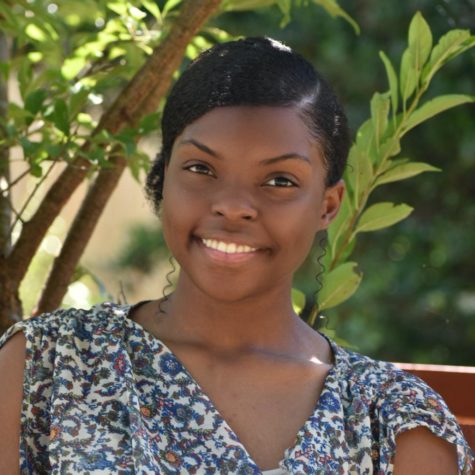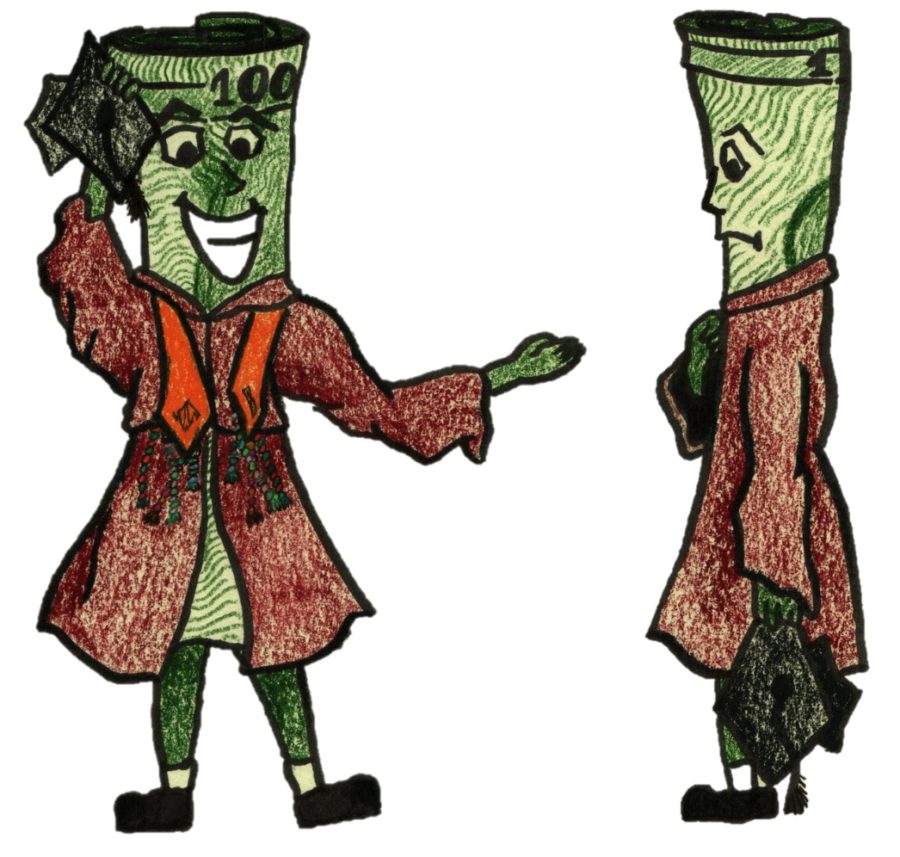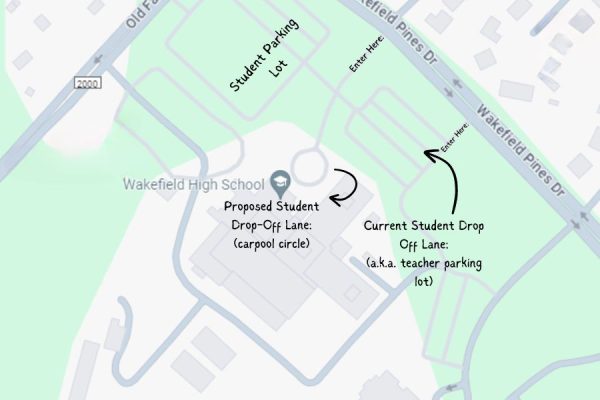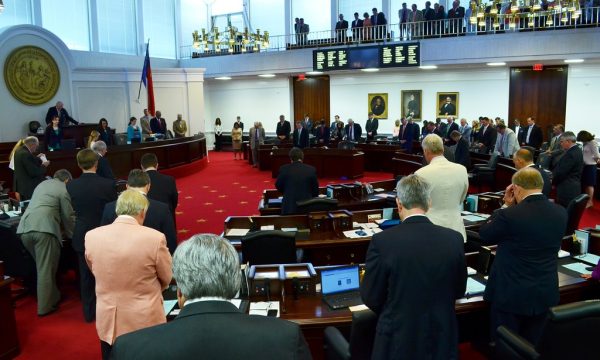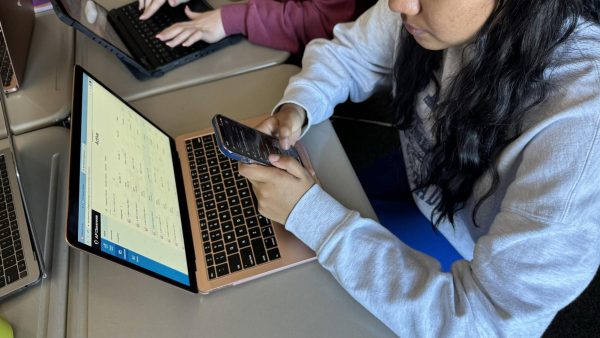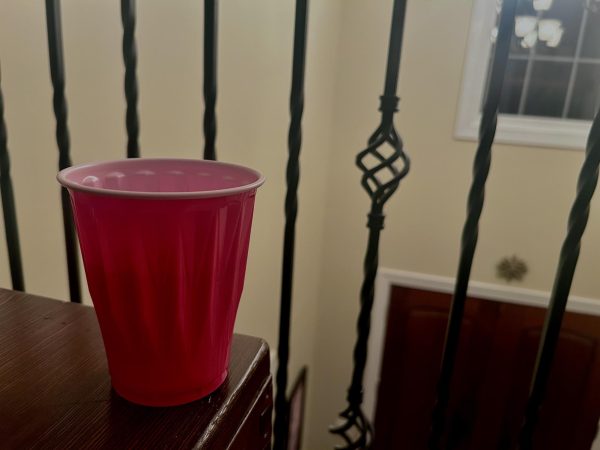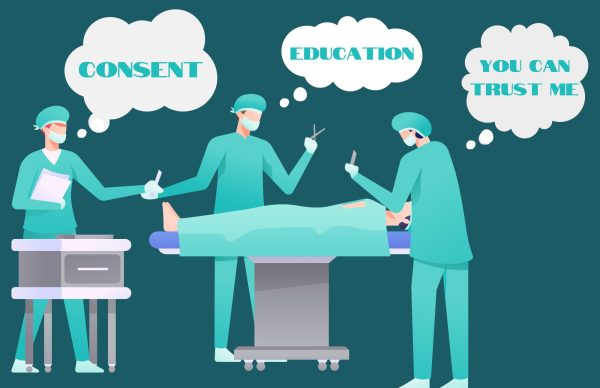To put a price on school involvement
Continuous cheers suffocate the court, as a ball dives through a hoop; mirroring the sounds one would hear when silks rotate, and feet march accordingly at halftime. At the end of the day, only those who are privileged have access to this happiness.
How do students in poverty gain involvement in school?
I processed this question during a recent club meeting. ‘Mandatory’, the words of the 2018-2019 club advisors kept circling my mind. In total Wakefield’s percentage of economically disadvantaged students is 25 percent
The percentage is based on the students’ eligibility for free/reduced price lunch, as well as numbers based on data given to the government. Dues of 20 dollars for new members is significant to certain families who can’t even pay two dollars and 80 cents for daily lunch.
This was addressed in the court case Sneed v.s Greensboro City board of education where page four, under the Required Fees or Insurance as a Condition for Participation paragraph states “The court held that collecting modest, reasonable fees for supplies, materials, and supplementary materials from students who are financially able to pay did not violate the North Carolina Constitution.”
I am in marching band because of my passion for music and dance. At first glance, this activity would seem discouraging as it cost 860 dollars for this year’s season. I am also in the National Achievers Society (NAS) and Beta club, both of which require monetary participation. Even with the high percentage of twenty-five percent, Wakefield stands in the top twenty percent of most diverse schools. Therefore, many students come from different social classes and different economic situations, ranging from single-parent households to food stamps users.
National Technical Honor Society (NTHS), 31 dollars. National Honor Society (NHS), 40 dollars. Science Honor Society (SHS), 60 dollars. Preferably, I would plead for these fees to be decreased but realistically they help to sustain the activities. Science Honor Society (SHS) explained, “Due to rising costs for postage, certificates, and web services, our prices will increase this week. Yearly dues will be $60/year. –This set of changes will help us to keep the SNHS functioning. Remember that we are all volunteers, any extra left over goes to the scholarship fund.”
Through academic clubs, scholarships are accessed but because of their large charge, this is prevented. I stress do not fret the underprivileged as there are scholarships for almost anything you can imagine! For example, the Chick and Sophie Major Memorial Duck Calling Contest financially assist students based on their ability to sound the bird.
Another desirable quality of school involvement is its attraction to college admissions but because of curriculum clubs’ big expenses, this is prevented. A supportive program that soothes this issue includes The Federal TRIO Program (TRIO) where individuals from disadvantaged backgrounds are outreached. TRIO consists of eight programs targeted to serve low-income individuals. For those interested in marching band, the Heart of Carolina is a competition hosted by the Wakefield band in aspiration to gain money from concessions; potentially reducing fees for the upcoming season.
More helpful programs or just the action of spotlighting the current ones needs to be urged. The security of all student academic endeavors should be assured to make sure that the adolescents’ opportunities are not missed.



